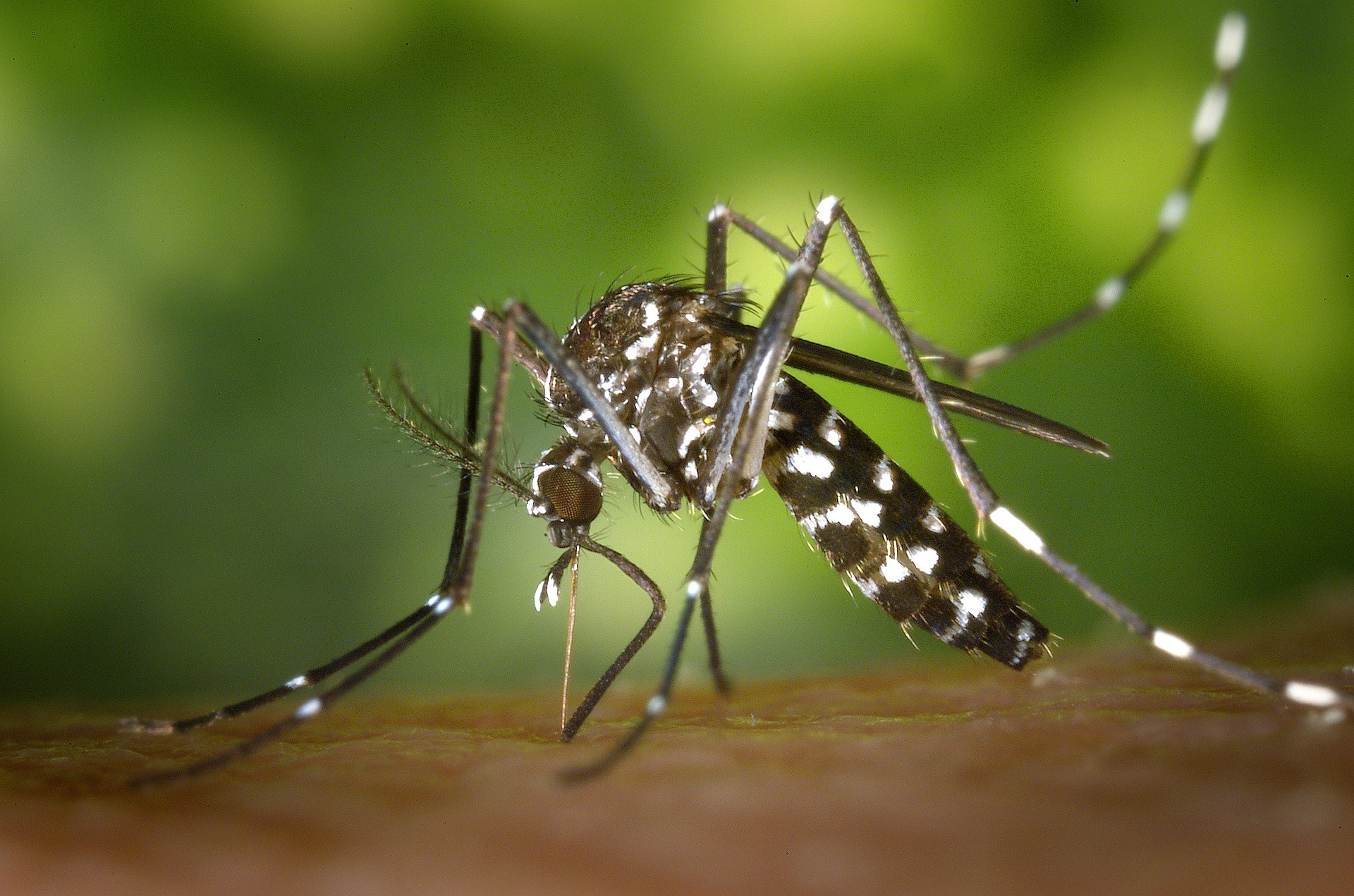Enabling Queensland ease of development and testing of Zika virus diagnostic tool
Mosquito-borne flaviviruses such as Zika and dengue are a public health concern in Queensland due to the presence of established populations of mosquito species that could potentially transmit these viruses to humans and cause disease. Controlling infectious disease and preventing outbreaks caused by these pathogens relies on the rapid and precise diagnosis of infection in human or animal hosts or detection of virus in mosquito vectors.

Aware of Queensland’s vulnerability to Zika virus (ZIKV) importations via viraemic travellers and the potential for local ZIKV outbreaks; researchers at the Public Health Virology Laboratory, Forensic and Scientific Services, Queensland Health had anticipated future threats and developed ZIKV diagnostic assays by 2014, ahead of the ZIKV outbreak that struck Brazil and South America in 2015. One of these assays uses a non-infectious, synthetic derivative of the ZIKV non-structural 1 (NS1) protein, to detect patient antibodies produced against ZIKV during an infection.
Together with the Protein Expression Facility, they have further developed and produced large, purified quantities of the ZIKV NS1 protein reagent. The partnership has made it easier and safer for researchers to facilitate the development and testing of new diagnostic tools through the use of a recombinant, non-infectious synthetic protein. Further, production of the ZIKV NS1 protein in Brisbane will provide a reliable source of the reagent for diagnostics here in Queensland.
The joint effort is a successful example of local research capabilities meeting local public health initiatives to improve the health and safety of Queenslanders. The collaboration may also promote the future rapid development and large-scale production of other recombinant proteins which enhance laboratory diagnostics and contribute to the local and global surveillance of epidemic-prone infectious diseases.
